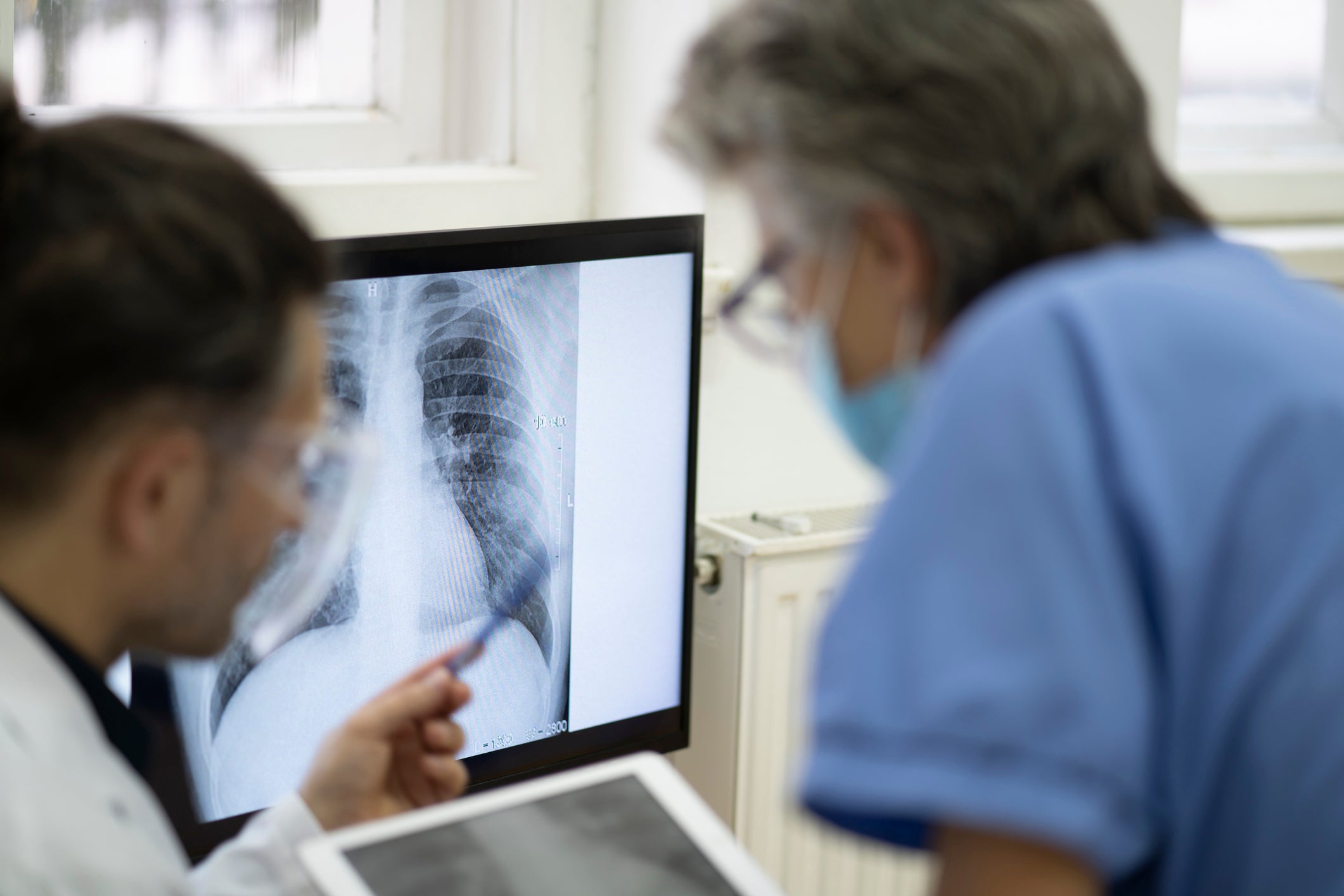People with lung problems like asthma could face extra health risks due to climate change
From heatwaves, wildfires and flooding, experts note such drastic changes could impact millions of people particularly babies, young children and the elderly.

The world seems to be in the heat of climate change and experts have said this could create more problems for those with lung conditions.
People who suffer from asthma and chronic obstructive pulmonary disease (COPD) face much more of a health risk due to weather changes across the globe.
Climate change is expected to cause at least 250 000 deaths every year globally due to climate-related heat stress, malnutrition, malaria and diarrhoea
The report, published in the European Respiratory Journal, looks further into the impact weather change has on people.
From heatwaves, wildfires and flooding, experts note such drastic changes could impact millions of people particularly babies, young children and the elderly.
Now, the authors of the report are calling on governments around the world to urgently reduce emissions of greenhouse gasses and mitigate the effects of climate change.
“Climate change affects everyone’s health, but arguably, respiratory patients are among the most vulnerable,” said Professor Zorana Jovanovic Andersen, Chair of the European Respiratory Society’s Environment, and an author of the report.
Professor Jovanovic Anderson added: “These are people who already experience breathing difficulties and they are far more sensitive to our changing climate. Their symptoms will become worse, and for some this will be fatal.”
“Air pollution is already damaging our lungs. Now the effects of climate change are becoming a major threat to respiratory patients.”
Extreme weather changes are a part of the problem
The effects include higher temperatures and an increase of airborne allergens, such as pollen – as well as extreme weather changes such as heatwaves, drought, and wildfires - which in turn lead to extreme air pollution, dust storms, flooding, and humidity.
Humidity can lead to mould in the home, which can be dangerous for those suffering from lung conditions.
The report also highlights the extra risk to babies and children, whose lungs are still developing.
"A polluted environment is a deadly one – particularly for young children," said Dr Margaret Chan, WHO Director-General in a 2017 report. "Their developing organs and immune systems, and smaller bodies and airways, make them especially vulnerable to dirty air and water."
WHO has said harmful exposures can start in the mother’s womb, which can increase the risk of premature birth.
When children are also exposed to indoor and outdoor air pollution and second-hand smoke they have an increased risk of pneumonia in childhood, and a lifelong increased risk of chronic respiratory diseases, such as asthma.
Climate change could also increase the chances of allergic responses in people and/or new cases of chronic (asthma, COPD, lung cancer) and infectious respiratory diseases (pneumonia, influenza, tuberculosis, COVID-19), as well as exacerbations of existing respiratory diseases (coughing, wheeze, shortness of breath, difficulties breathing.
Professor Jovanovic Andersen said health professionals need to be “aware” of new risks to support patients.
“As respiratory doctors and nurses, we need to be aware of these new risks and do all we can to help alleviate patients’ suffering. We also need to explain the risks to our patients so they can protect themselves from adverse effects of climate change,” Professor Jovanovic Andersen added.
In 2021, the WHO described climate change as the “single biggest health threat facing humanity.”
The Intergovernmental Panel on Climate Change (IPCC) concluded that to avert catastrophic health impacts and prevent millions of climate change-related deaths “the world must limit temperature rise to 1.5°C.”
Join our commenting forum
Join thought-provoking conversations, follow other Independent readers and see their replies
Comments


Bookmark popover
Removed from bookmarks